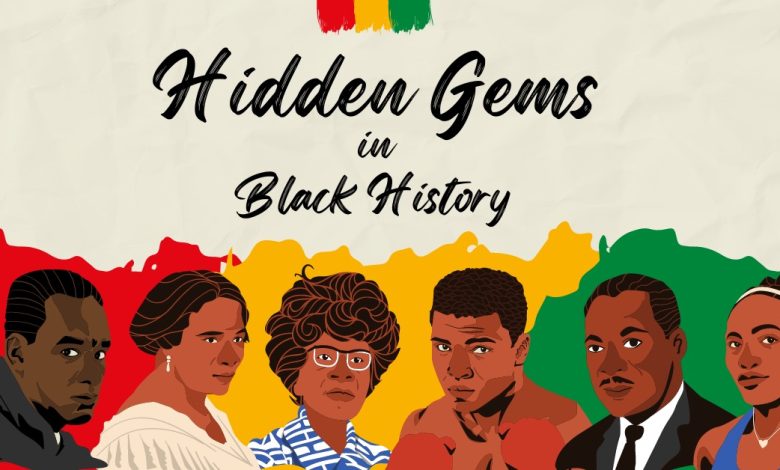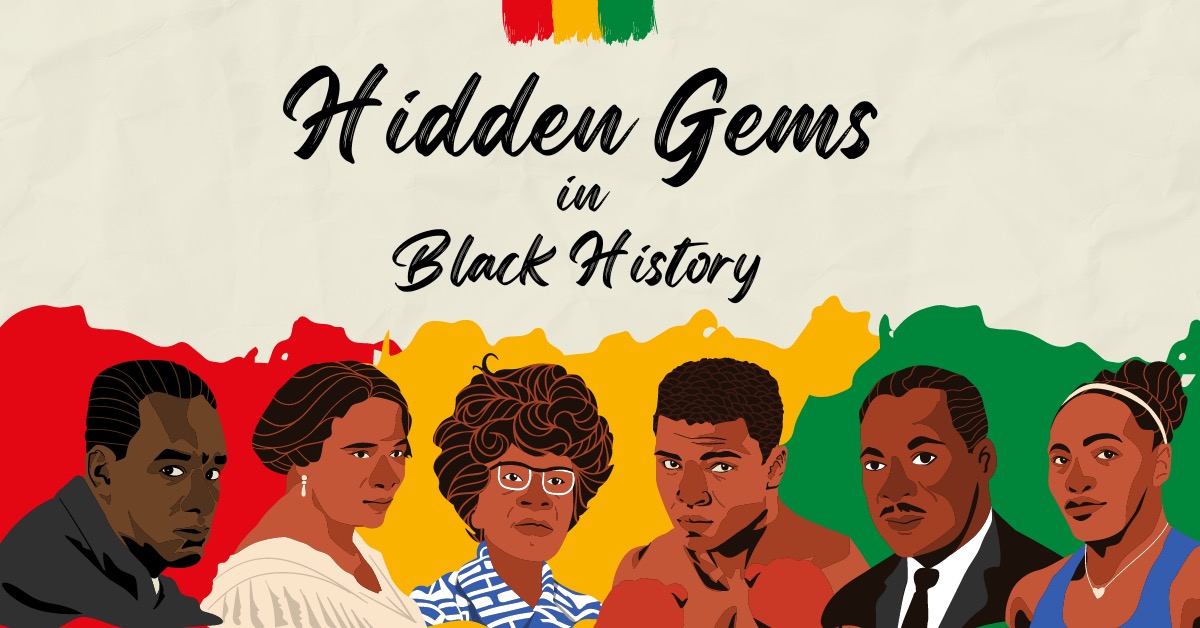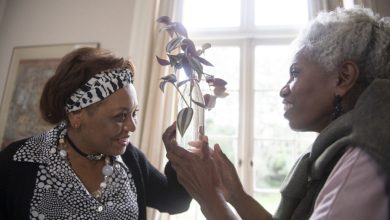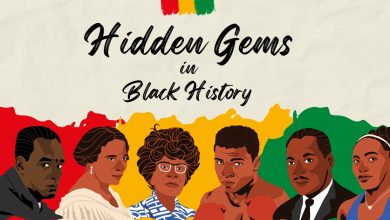The Rich History of African Medicine


Even before comparable innovations in other regions of the globe, the ancient Africans had a major impact on medicine. Some of the earliest inhabitants of Africa used many of the same remedies that we use today. Several African countries, including what is now South Africa, Egypt, and Nigeria, had more developed medical systems than Europe had before the European conquest of Africa.
Traditional African Medicine
Indigenous plant medicine, spiritual traditions, and a comprehensive view of health make up Traditional African Medicine’s rich tapestry.
Traditional African medicine heavily relies on diviners, midwives, and herbalists.
- By consulting their spiritual skills, diviners make medical diagnoses, often attributing diseases to societal discord or ancestor spirits.
- Drawing on centuries-old expertise, midwives use native botanicals during childbirth.
- Herbalists make cures with practical medicinal uses and deeper symbolic and spiritual meanings.
Methods of Treatment. Traditional practitioners use various therapies, including conventional medical techniques and more esoteric and “magical” approaches. Included in these therapies are:
- Fasting
- Dieting
- Herbal therapies
- Bathing
- Massage
- Surgical procedures
Some Practices Used
Among these methods were the use of plant extracts containing salicylic acid (aspirin) for pain relief, kaolin (Kaopectate) for diarrhea treatment, and extracts that were shown to kill Gram-positive bacteria in the twentieth century. Additional plants were used for their anticancer, abortion-inducing, and malaria-treating capabilities; they have shown to be just as successful as some contemporary Western remedies.
The Africans also found capsicum, ouabain, physostigmine, and reserpine. Some examples of medical treatments that were common in ancient Africa before their introduction to Europe are:
- Vaccination: Vaccination was a method that the ancient Africans used to build immunity; it included delivering a small quantity of the disease-causing material to the body.
- The practice of autopsies was prevalent in Africa for a long time before it spread to Europe. The causes of illness and mortality became better understood because of these investigations.
- Experts in the field used traction techniques to help mend injured limbs and fix shattered bones.
- Surgical procedures for extracting projectiles were put into use.
- Surgeons in ancient Africa were so well-versed in anatomy and operation that they could execute brain surgery.
- Skin Grafting: They used skin grafting techniques.
- Dental Care: They could fill cavities, place fake teeth, and do other dental procedures.
- Currently termed as a Caesarean section, this operation was carried out.
- The use of anesthetics and tissue cauterization were commonplace in surgical procedures.
Also, although the idea of using antiseptics for surgical procedures was only beginning to take root in Europe, African civilizations were already doing it everywhere.
Challenges & Modern Context
Many Africans still cannot afford the high cost of modern drugs and medical treatments, and most of the world’s hospitals are located in large cities. Inadequate research and poor regulation surround herbal medications. There is a shortage of comprehensive documentation due in part to the oral transmission of traditional knowledge. Negligible or incorrect usage of medicinal herbs might cause major negative effects.
The persistence, knowledge, and interdependence of ancient African civilizations are shown by traditional African medicine.
This is a part of our new series – “Hidden Gems in Black History,” where we highlight uncommon facts throughout Black history. Join us every day during Black History Month for interesting facts about Black people and places you likely haven’t heard before!




